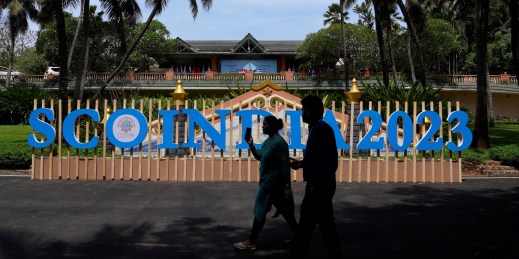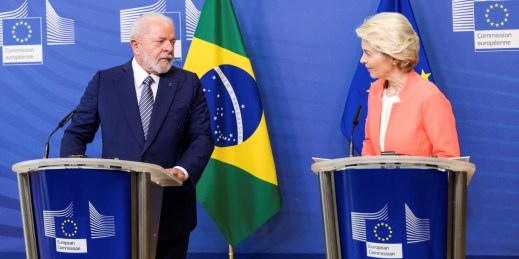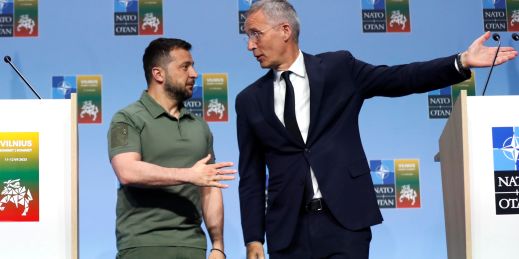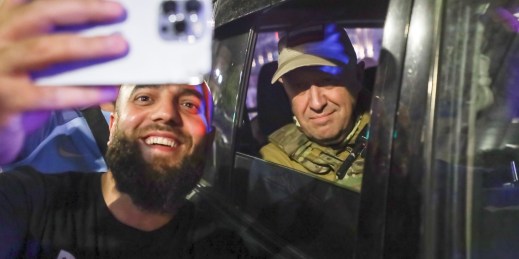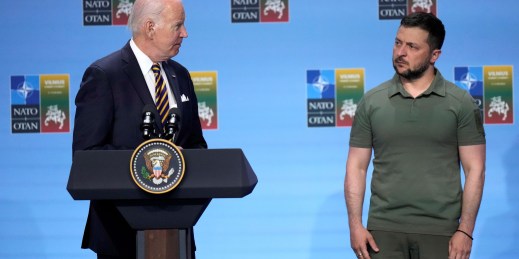
With NATO membership for Kyiv off the table in the immediate term, some are calling for an alternative mechanism dubbed the “Israel Model,” in which the U.S. would provide Ukraine with the kind of security it provides Israel so it can defend itself after the war ends. But there are several reasons why that approach is inappropriate.


